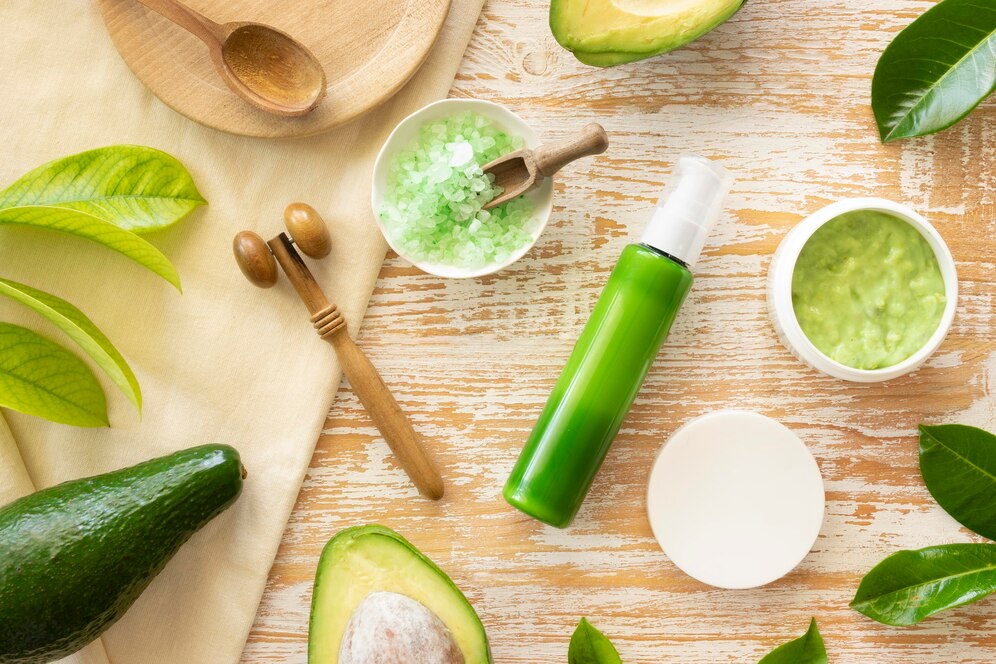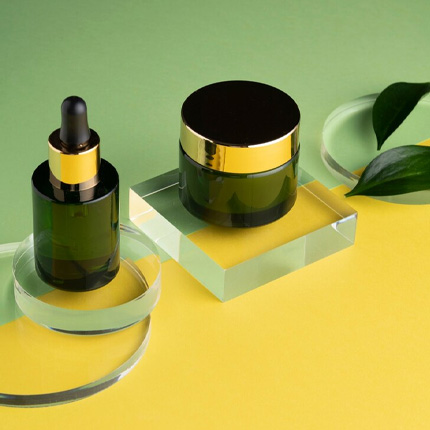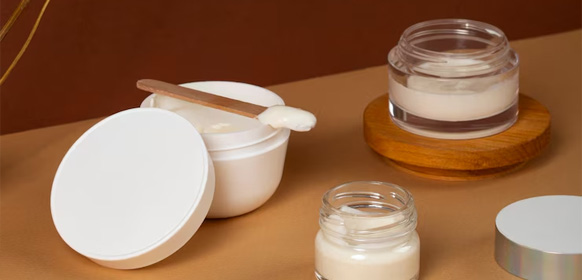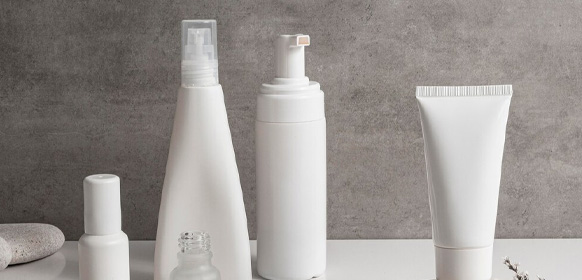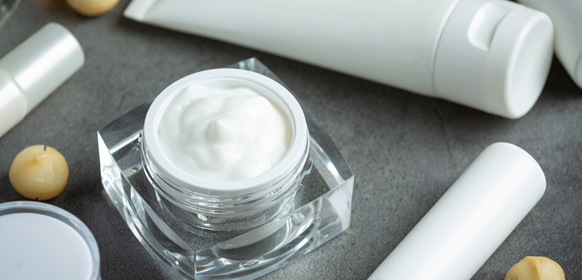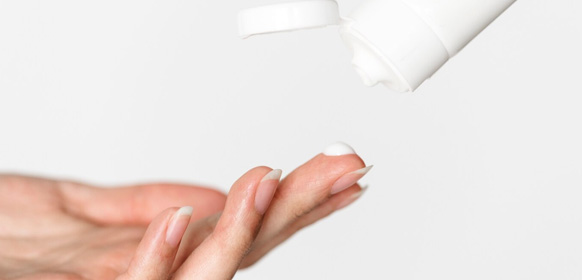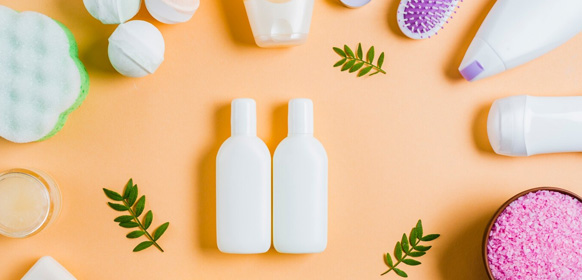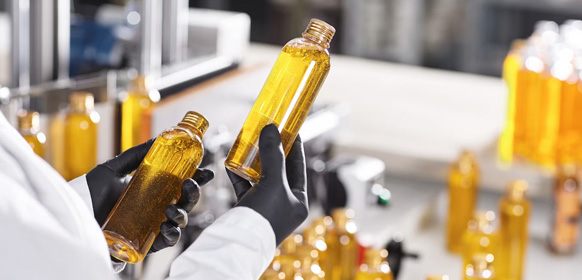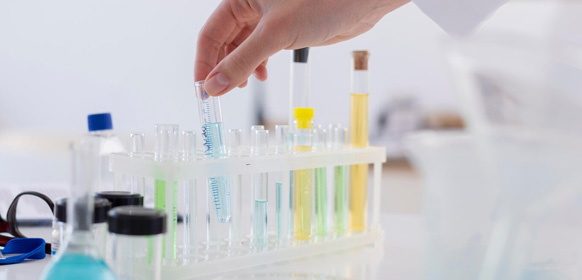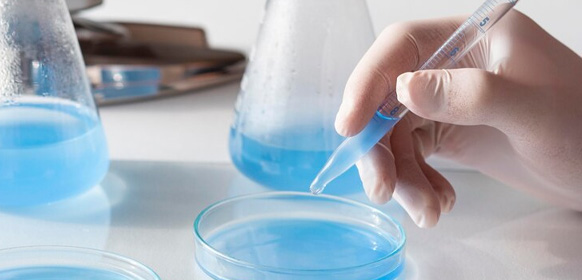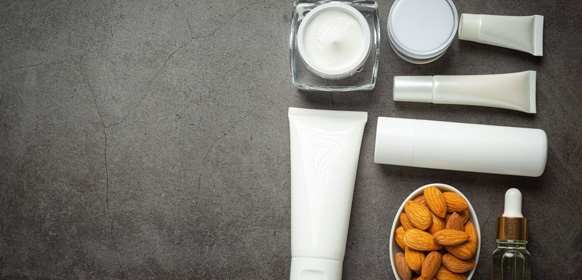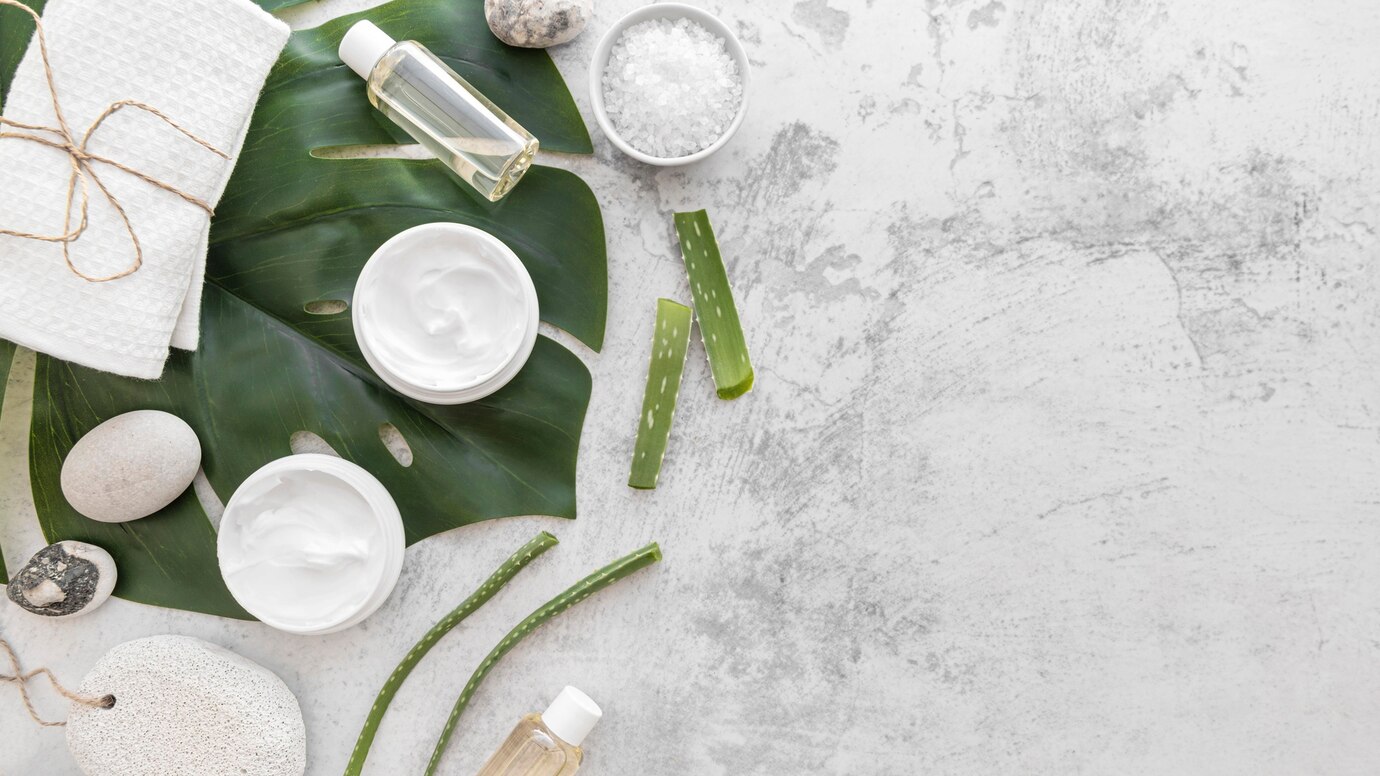
In the skincare industry, the reputation and reliability of suppliers play a pivotal role in the success of a brand. A trustworthy supplier ensures consistent product quality, timely delivery, and compliance with safety and regulatory standards. Here are several key aspects to consider when evaluating skincare suppliers.
Certifications and Standards Compliance
One of the first steps in assessing a supplier's reliability is to check their certifications. For skincare products, Good Manufacturing Practice (GMP) certification is fundamental. GMP - compliant suppliers follow strict guidelines regarding facility cleanliness, employee training, and quality control during production. ISO 22716, the international standard for cosmetics manufacturing, is another important indicator. It covers aspects such as raw material handling, production processes, and product testing. If your skincare line focuses on natural or organic products, look for suppliers with relevant organic certifications like USDA Organic or Ecocert. These certifications verify that the supplier adheres to specific organic farming and manufacturing methods.
Product Quality and Testing
A reliable skincare supplier should be able to provide comprehensive product testing reports. Microbiological testing is crucial to ensure that products are free from harmful bacteria, yeast, and mold. Stability testing is also essential as it determines how the product will maintain its quality over time, including factors like color, texture, and efficacy. Ask the supplier for safety data sheets (SDS) for all ingredients used in their products. The SDS provides detailed information about the potential hazards, handling, and storage of each ingredient. Additionally, request product samples and conduct your own in - house testing or use a third - party laboratory to evaluate the product's performance, such as its absorption rate, skin - friendliness, and long - term effects.
Reputation in the Industry
The supplier's reputation within the skincare industry can offer valuable insights. Look for online reviews and testimonials from other skincare brand owners who have worked with the supplier. Industry - specific forums and social media groups can be a great source of information. You can also ask the supplier for references and contact these previous clients directly. Inquire about their experiences regarding product quality, on - time delivery, and how the supplier handled any issues or disputes. A supplier with a long - standing positive reputation is more likely to be reliable.
Production Capacity and Lead Times
Understanding the supplier's production capacity is vital, especially if you plan to scale your business in the future. A supplier should be able to meet your current and projected order volumes without compromising on quality. Discuss lead times with the supplier. A reliable one will provide clear and realistic estimates for order processing, production, and delivery. Unreasonably short lead times may indicate a lack of proper planning or quality control, while overly long lead times can disrupt your business operations. Regular communication with the supplier regarding production schedules can help you anticipate any potential delays.
Customer Service and Communication
Good customer service is a sign of a reliable supplier. The supplier should be responsive to your inquiries, whether it's about product information, order status, or any concerns you may have. They should be able to communicate clearly in your preferred language and use efficient communication channels. A supplier that values communication will keep you updated on any changes in production, shipping, or product availability. This helps in building a strong business relationship and avoiding misunderstandings.
Financial Stability
Although not always easy to assess, the financial stability of the supplier can impact your business. A financially unstable supplier may face issues such as production halts due to lack of funds for raw materials or may even go out of business, leaving you in a difficult situation. You can try to research the supplier's financial history through public records, business credit reports, or by asking for financial statements (with proper confidentiality agreements in place). A supplier with a solid financial foundation is more likely to be a reliable long - term partner.
In conclusion, evaluating the reputation and reliability of skincare suppliers requires a comprehensive approach, considering factors from certifications and product quality to communication and financial stability. By doing so, you can select a supplier that will support the growth and success of your skincare brand.





